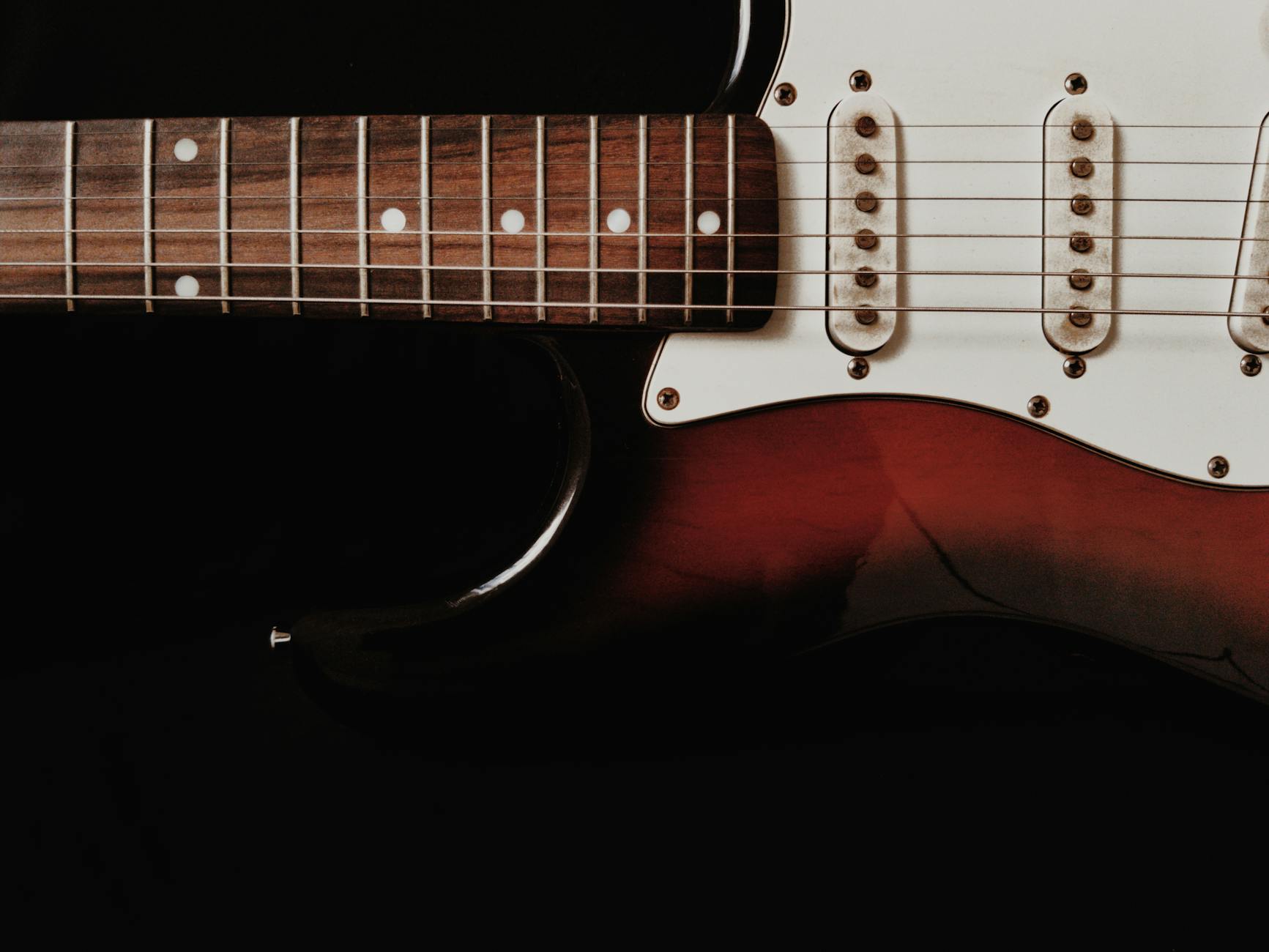While the path to advanced improvisation is a journey, it’s a highly rewarding one. With each small breakthrough, you’ll find yourself more capable of expressing the depths of your musical ability. From exploring different rhythmic patterns to developing a sharp musical ear, you will discover various processes and techniques that combine tradition with modernity. Let’s dive into these strategies for raising your bass guitar improvisation game and unleash the inventive player within you.
A strong groove forms the foundation of any great bass improvisation. Locking in with the rhythm section not only sets you up as a reliable player but also creates a pulsating energy that inspires creativity. It’s essential to feel the music flowing around you; once you embrace this groove, your improvisational skills will naturally elevate. Regularly practicing with a metronome or jamming with a drum track can sharpen your sense of timing. As you solidify your rhythmic foundation, your ability to articulate your ideas will flourish.
In addition to working on your timing, consider experimenting with different genres. Whether it’s funk, jazz, rock, or blues, each style offers unique rhythmic opportunities. By immersing yourself in varied grooves, you’ll develop a deep understanding of how rhythm interacts with melody. This exploration can revolutionize your approach to playing, allowing you to inject newfound originality into your improvisations.
Scaling classic blues, jazz, or modal phrases is a powerful way to break free from mundane patterns. Instead of sticking to the same tried-and-true scales such as the major or minor, dive into variations like the pentatonic, Mixolydian, or diminished scales. Each offers vast melodic possibilities that can breathe fresh air into your playing. Work on incorporating these less conventional scales into your repertoire, and suddenly, your bass lines will emanate a vibrant complexity that keeps listeners engaged.
Having a vivid mental picture of these scales in various positions on your fretboard will profoundly impact your improvisational freedom. Aim to construct licks and phrases that transition smoothly between scales to maintain continuity and fluidity in your playing. By adopting this multifaceted approach to scaling, not only do you underpin your improvisation with solid musical theory, but you also expand your creativity to reach new horizons.
The capacity to hear musical nuances drives exceptional improvisation. Dedicating time to ear training can revolutionize your capabilities as a bassist. Engaging with pitch recognition exercises or actively transcribing bass lines from your favorite artists can enhance your note-perception skills. As a result, you’ll start hearing the universe of notes around you, allowing you to weave intricate melodies seamlessly.
Furthermore, learning to recognize chord progressions and their corresponding tones in real time empowers you to make informed choices during improvisation. Instead of mindlessly fretting notes, your intuition will guide you to create meaningful sounds. By cultivating this connection between your ears and your fingers, you’ll find yourself effortlessly communicating musical ideas, making your improvisations impactful and polished.
One of the most valuable aspects of improvisation is the freedom to take risks. Allowing room for experimentation cultivates a playful mindset that leads to innovative musical solutions. Whether it’s trying out unconventional techniques like slap bass or tapping, pushing boundaries is crucial for growth. When you explore new tools and methods, you might stumble upon sounds that inspire unique genres or original compositions.
Additionally, collaborating with fellow musicians can amplify this playful experimentation. Playing with others encourages the exchange of ideas, pushing each player to think outside the box. Each jam session becomes a lab for sonic discovery. Seek out opportunities to engage with varying musical partners, allowing collaborative energy to lead you toward new artistic discoveries that will elevate your improvisational prowess.
Developing strong musical relationships can provide invaluable insights and encouragement on your improvisation journey. Surround yourself with musicians who inspire you, challenge conventional approaches, and share a passion for creativity. Participating in ensemble projects or joining a local band not only diversifies your playing style but also builds a community with shared interests.
Moreover, learning to give and receive constructive feedback is essential. Engaging in honest discussions about musical ideas and improvisational techniques can uncover hidden strengths in your own playing. This collaborative spirit fosters a nurturing environment where risks are taken, creativity thrives, and everyone’s skills evolve. Always be open to learning from those around you, making your musical journey much richer and more fulfilling.
As you embark on this continuous journey of musical exploration, celebrating your victories—no matter how small—is paramount. The ability to improvise isn’t just about hitting the right notes; it’s about expressing emotions and sharing stories through your instrument. By applying the techniques mentioned, your bass guitar improvisation will resonate on deeper levels, captivating audiences and magnifying your love for music.
Improvisation essentially transforms the music you create into a living, breathing entity. Allow yourself to revel in this artistic freedom. Each note you play becomes a brushstroke on the canvas of sound, and as you gain confidence in your style, you will shape a unique musical identity that reflects your experiences and heartfelt expressions.
What is the best way to start improving my bass improvisation skills?
Begin by focusing on rhythm and groove—they’re fundamental to becoming a solid improviser. Experiment with different genres and scales while ensuring you stay relaxed and open-minded during the creative process.
How do I develop my ear for music?
Incorporate ear training exercises into your daily routine. Transcribe bass lines, practice interval recognition, and listen actively to a variety of musical styles to sharpen your hearing abilities.
Can collaborating with other musicians help me improve?
Absolutely! Playing with others exposes you to different ideas and styles, encourages risk-taking, and fosters a supportive environment for artistic growth. Surrounding yourself with inspiring musicians can enhance your overall musicianship.
What genres should I explore for improvisation?
Don’t limit yourself! Venture into genres that intrigue you—funk, jazz, rock, and blues can all provide unique rhythmic patterns and melodic ideas that can unlock your creativity as a bassist.
Image Credit: Pexels
